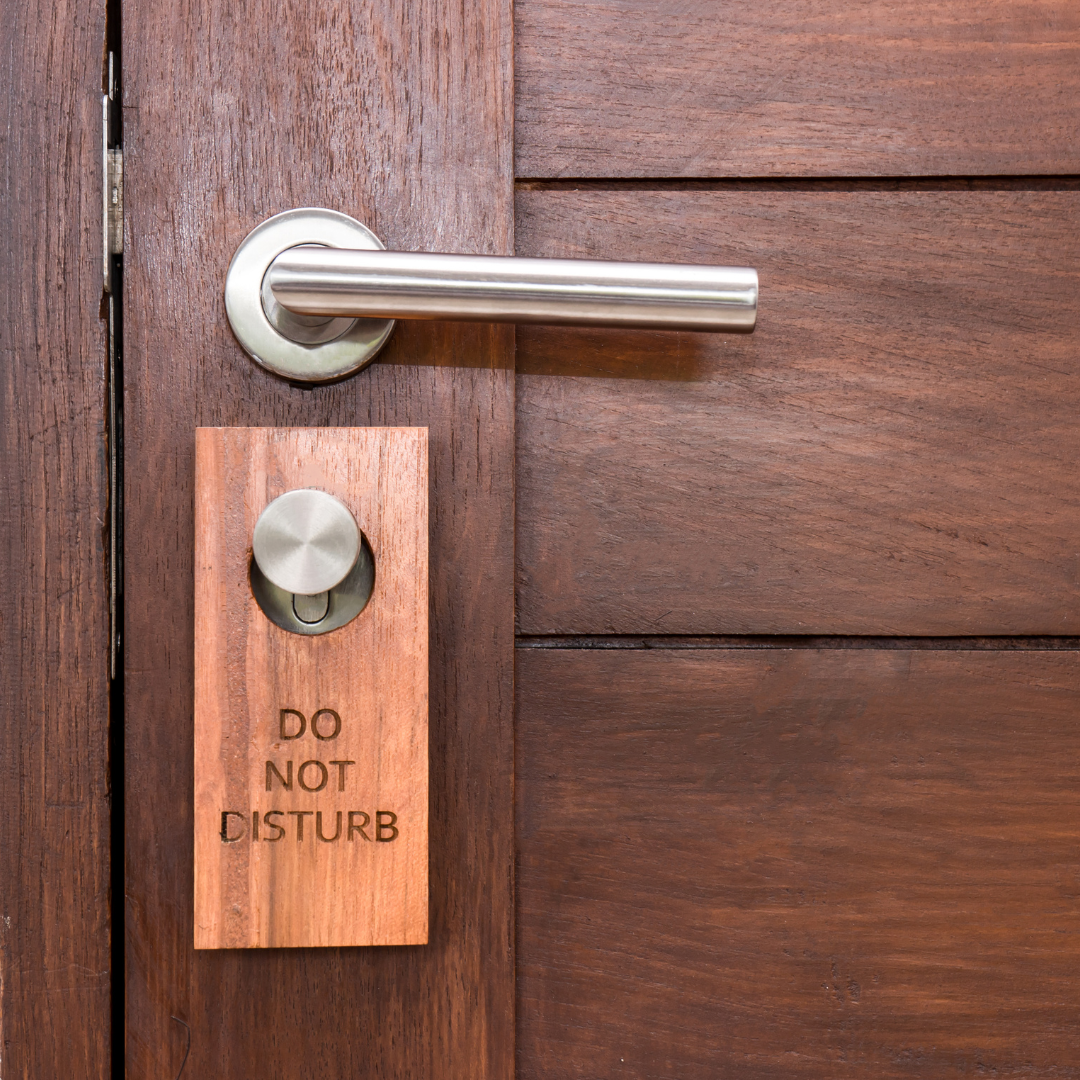It can be tricky navigating every rule and regulation in the book when renting out a property, even for the most seasoned landlords. Things are constantly changing, properties need regular check-ups, and it just makes sense to have an agent on hand for emergencies, inventories and all the in betweens.
There’s no better bank of information to tap into than a letting agent’s brain, but here we share some aspects of your investment you may not be aware of.
Right to Rent
Fancy five years in prison or an unlimited fine? Didn’t think so. In that case, you’ll need to make sure your tenant has the Right to Rent. Check documents are genuine (e.g. passport, driving licence, visa), and make and record copies. Record-keeping is everything!
Deposit Protection
A government-approved tenancy deposit scheme (TDS) is a must, to protect both you as a landlord, and your tenant. In the unfortunate event there’s a problem, monies are held while a decision is made, making sure everyone gets what they’re owed at the end.
It’s illegal to charge a deposit of more than five weeks’ rent (six if the annual rent is above £50,000), and you’ve got 30 days to protect a deposit once you receive it.
Prescribed Information
In the camp of deposit protection, prescribed information is exactly what it sounds like—the information you’re prescribed to tell your tenant, i.e. the deposit amount, the property address, the deposit holder’s details, the landlord’s details, how the scheme works and the dispute procedure. This should also be given to any ‘relevant persons’, such as a guarantor.
Inventory
Would you put money on being able to identify every mark, name every appliance and remember every single thing about your property? Of course not. Which is why an inventory is vital. This will log a comprehensive list of all that and more, giving you and your tenant evidence, if needed—and even if not—of how the home was originally entrusted.
Legionella
Now you may well know about your obligations in regard to electricity and gas (installed safely, working correctly, maintained regularly). But what do you know about the water system?
If water sits between 20°C and 45°C for too long, a type of bacteria called Legionella forms, which if inhaled can cause pneumonia.
Although an in-depth inspection isn’t required, checking the water system is a legal responsibility. Flush out between lets, ensure no debris can get into the tank, and keep to at least 60°C.
Right to Quiet Enjoyment
You know those ‘do not disturb’ signs you get at hotels? Think of the Right to Quiet Enjoyment a little like that. Tenants are entitled to live peacefully and without disturbance, so don’t bother them unless necessary, without prior notice, or without permission.
Rent Increases
Prices fluctuate, that’s a fact of life. Depending on how long a tenant has been in situ, there may come a time when the rent is ready for an increase. Terms for this should be included in the tenancy agreement, agreed with the tenant, and stuck to by both parties. It’s usual for rent increases to be limited to once a year at most, or when the fixed term ends, and they must represent a fair and reasonable rise.
Notice Periods
As above, any notice needs to abide by the terms in the tenancy agreement, whether served by landlord or tenant. The timeframe is usually two months for a landlord, and a month for tenants, and at least six months after the tenancy began. Of course rules differ depending on the reason, such as arrears, damage, or using the property for illegal purposes.
For how we can help with all you need to know, contact us on 01525 40 22 66 or email ampthill@orchards.co.uk


